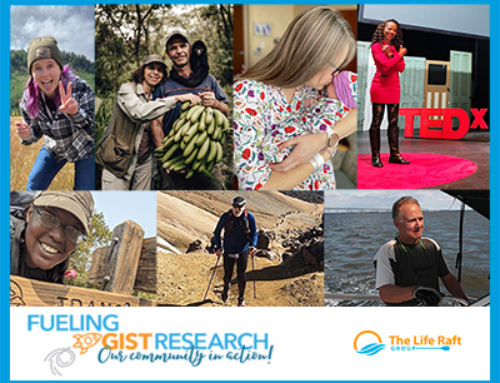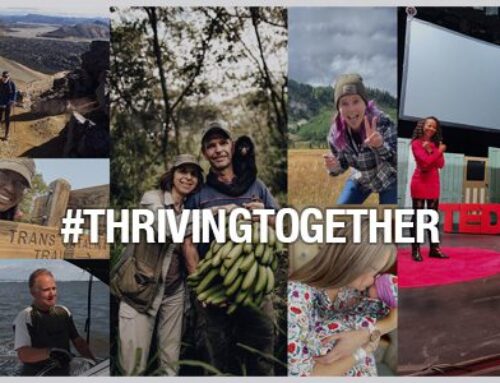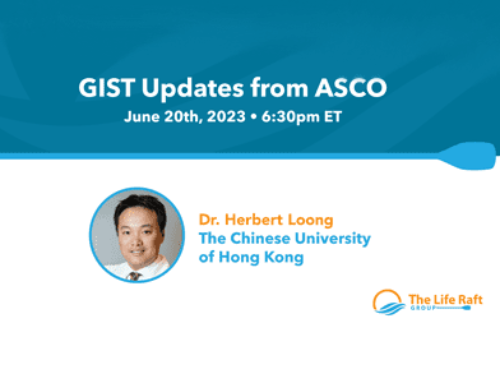 On July 29, 2016 I traveled to Howard University in Washington, DC to be a participant in Vice President Joe Biden’s Cancer Moonshot Summit. This invitation-only event was designed to bring together individuals and organizations representing the entire cancer community and beyond.
On July 29, 2016 I traveled to Howard University in Washington, DC to be a participant in Vice President Joe Biden’s Cancer Moonshot Summit. This invitation-only event was designed to bring together individuals and organizations representing the entire cancer community and beyond.
 I was honored to be one of only 350 invitees, which included the leadership of the world of cancer research and advocacy. The event did not feel political, but personal. It was very moving, with both Vice President Biden and and his wife, Jill as well as comedienne Carol Burnett sharing about their personal losses: his son, her daughter, to cancer.
I was honored to be one of only 350 invitees, which included the leadership of the world of cancer research and advocacy. The event did not feel political, but personal. It was very moving, with both Vice President Biden and and his wife, Jill as well as comedienne Carol Burnett sharing about their personal losses: his son, her daughter, to cancer.
It was a very diverse group of stakeholders, most of whom agreed in the identification of some of the critical issues that are roadblocks to both finding a cure and providing better strategies for prevention and increasing survival.
I will admit that I was a bit skeptical that this initiative would be able to bring about significant change in the cancer research and care community, as there were so many ideas being presented. The strategic planning process will be daunting. With this administration having only six months in office, how much could really be accomplished, and what would happen after the election?
One thing was very clear: prioritizing which ideas are actually actionable and achievable will be key to the success of the Moonshot. It will also require a sufficient allocation of funds.
Several ideas came to mind which would contribute to the success of the Moonshot.
- Create a relevant data system. First, we need to define what we want the system to achieve. To simply accumulate massive amounts of data is not enough. In fact, it is potentially distracting. What do we want the data to do? Do we want to use a data system to serve as a successful supplement to clinical trials? Do you want it to serve as a tool to provide alternative treatments? It needs to be focused data, not just big data. Data analysis that is targeted to specific populations and interpreted by experts in that specific area is more cost effective and can have greater impact in discovering both new treatment modalities and prevention strategies.
- We need to break the roadblock of intellectual property. There is too much emphasis on the monetary value of data in terms of publication. There is a need for collaboration and data sharing. There is also a conflict within academia and pharma, and the challenge of obtaining research funding. An incentive is needed to help overcome the resistance to collaboration. Short of a socialized medicine system, or nationalizing pharmaceutical companies, new paradigms need to be created.
- Begin to establish a “cancer research brotherhood.” We need a massive collaboration beyond national borders to achieve a common goal. Can we create an alternative culture, assembling the “best and the brightest,” investing enormous resources to support extraordinary scientists with specific skill sets, working in synergy with each other. Finding the truth needs to be more important than getting credit for self-publication. Intellectual property needs to be valued for its role in the greater good of mankind.
- Strength the process of educating smart patients. Assure that the reimbursement system allows patients with rare cancers to be referred to specialists.
- The cancer landscape has changed with the onset of more targeted oral treatments. As a result, patient compliance is emerging as a major issue. So, too, is the increased movement of treatments to local oncologists who do not see very many patients with rare cancers such as GIST.
I remain hopeful, in spite of being skeptical that we can change the current culture. We need to create a new culture, staffed with a group of people who are impassioned and can follow inspired leadership.
The LRG looks forward to working with Vice President Biden and the Cancer Moonshot project, and developing new ways that we #CanServe.
To quote the Talmud: “Do not be daunted by the enormity of the world’s grief. Do justly, now. Love mercy, now. Walk humbly, now. You are not obligated to complete the work, but neither are you free to abandon it.”



